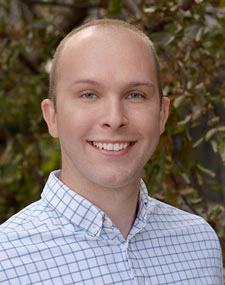Master of Science Chemistry
The MS in Chemistry program is designed for industry professionals and educators looking to advance their careers. Graduates from this program will be prepared to serve in educational settings or industry jobs such as forensic science technicians, environmental scientists and natural sciences managers.
Group work and discussions gave courses an in-person feel, providing insights and perspectives from peers.
Meet Our Faculty
Experienced, Dedicated and Distinguished Educators
Expect to be heard, to be challenged and to be involved. St. Scholastica faculty are world-class scholars and experts in their field who invest in your success. Our values of community, respect, stewardship, hospitality and love of learning reflect our faculty’s commitment to lifting up others and celebrating our common humanity.

 Joe Rembowicz
Joe Rembowicz



